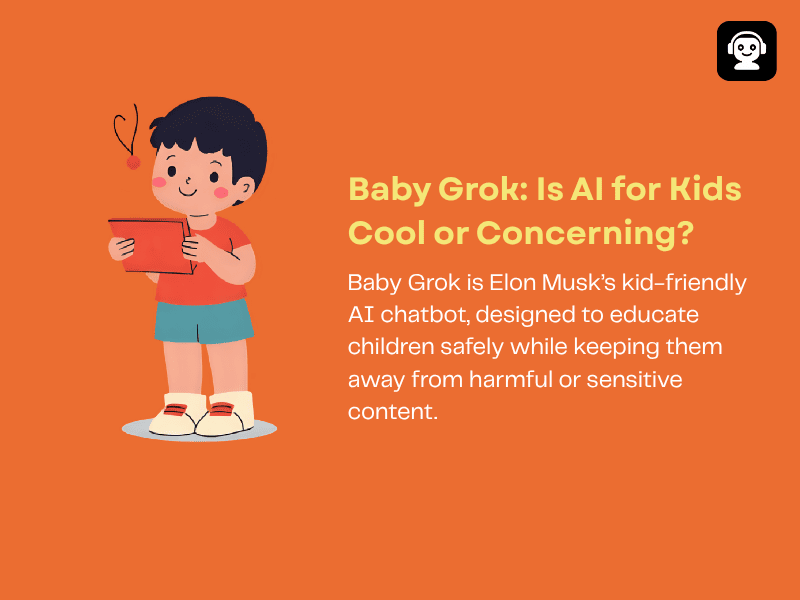MIT GenAI Report Reveals 95% of Generative AI Projects are Failing
Most companies and tech giants have moved fast in the race of generative AI, and most companies would already

Most companies and tech giants have moved fast in the race of generative AI, and most companies would already have their podium speeches ready. But behind all the noise and jargon, most companies and projects are limping quietly instead of sprinting in the race of generative AI. The recent MIT GenAI Report reveals that 95% of generative AI projects are failing, and why is it so?
MIT’s NANDA initiative recently released “The GenAI Divide: State of AI in Business 2025,” and its findings are a reality check to our society. Despite its hype, only 5% of AI pilot programs have delivered quick and rapid revenue acceleration. The remaining 95% have stalled or added minimal to zero impact to P&L sheets, and this is not exactly the future-ready revolution.
The divide is striking as 95% of generative AI projects are failing, and some 19- and 20-year-old founders are scaling AI startups from zero to $20 million within a year. Many enterprises with billion-dollar budgets are floundering as well, but the question remains if organisations know how to deploy it, and the answer to it would be that most enterprises do not.
Division Between AI Winners and Losers
The MIT GenAI Divide Report highlights the division between AI winners and losers, but rare, and according to the lead author, Aditya Challapally, some startups and a few enterprises have figured out the formula. The formula is a single identified business pain point, executed with precision, and builds smart partnerships, and this is a targeted approach as well.
The result that 95% of generative AI projects are failing is quite shocking and surprising. Despite pouring millions into pilots and prototypes, most of these enterprises failed to generate measurable improvements in profits and efficiency. The results showed that leaders pointed fingers at regulations, compliance hurdles, or model performance as well, instead of acknowledging deeper integration failures.
According to us, this divide is not about technology but also about strategy as well as enterprises have the tendency to treat AI like a silver bullet. Even though startups often treat it like a scalpel, the winners are those who can cut precisely where the pain hurts the most, right? Let us now take a look at the learning gap found by the MIT researchers for the MIT GenAI Divide report.
The Learning Gap
The major findings of the MIT GenAI Divide report, apart from why 95% of generative AI projects are failing, are the “learning gap.” Even though consumer-facing AI tools like ChatGPT often thrive on flexibility, enterprises need tools that can integrate directly into workflows and adapt over time, and most off-the-shelf solutions do not do that.
Executives have often complained that models underperform, and it’s their integration strategy that is lacking extremely. Enterprises have frequently underestimated how much effort it takes to embed AI into our everyday processes, and unlike consumers, businesses require system-wide adoption that touches compliance, IT infrastructure, and operations perfectly.
The gap is creating a vicious cycle, and AI projects stall, leaders get frustrated, and often budgets shift towards surface-level use cases. But instead of solving these deep workflow problems, enterprises often settle for the most generic tools that end up underused. According to us, this learning gap is the elephant in the room, and until AI tools evolve, most projects will remain stuck in the pilot surface itself.
Read more: Inside Elon Musk AI Birth Rate Prediction in 2025
Read more: German Medical Institute Unveils Cyprus’s First AI Medical Testing Centre in 2025
The Promise of Agentic AI
The MIT GenAI Divide Report suggests that 95% of generative AI projects are failing and points towards the next frontier, which is agentic AI. These systems can learn, remember, and act independently within a defined parameter, and the early adopters are already experimenting with these models that could mark a turning point in enterprise AI adoption.
It is still in its early days, and agentic AI comes with its own risks and challenges. The MIT report suggests things like 95% of generative AI projects are failing, and the organisations willing to experiment now may be the ones to define the next wave of enterprise success. According to us, agentic AI will be a lifeline to enterprises’ needs.





